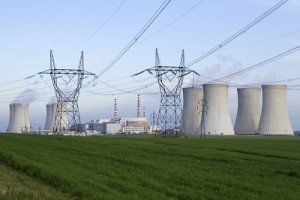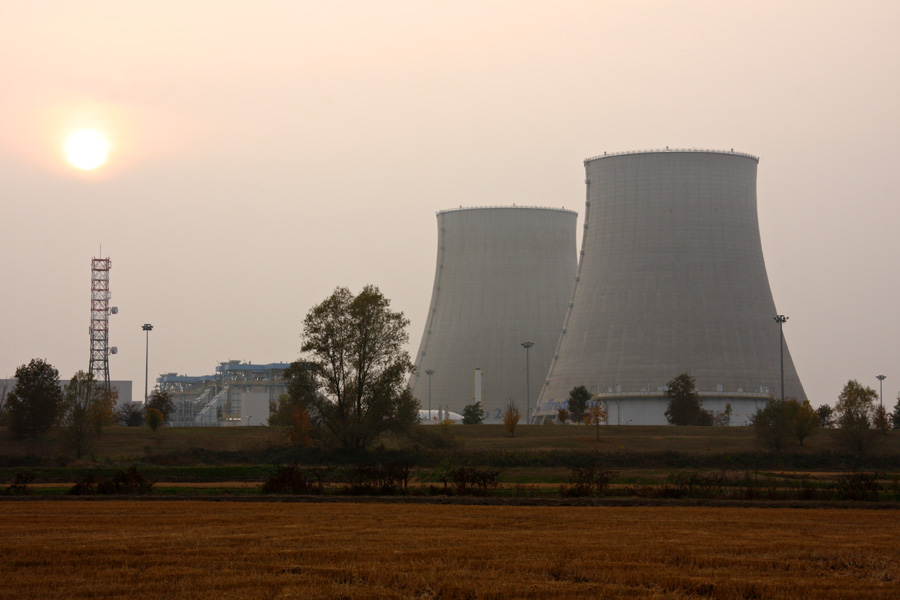 Fossil fuels, which include petroleum, natural gas, and coal, supply nearly 90 percent of the energy needs of the United States and other industrialized nations. Because of their high demand, these nonrenewable energy resources are rapidly being consumed. Coal supplies are expected to last about a thousand years.
Fossil fuels, which include petroleum, natural gas, and coal, supply nearly 90 percent of the energy needs of the United States and other industrialized nations. Because of their high demand, these nonrenewable energy resources are rapidly being consumed. Coal supplies are expected to last about a thousand years.
We must find other sources of energy to meet the increasing fuel demands of modern society. Important alternate sources of energy include: solar, wind, biomass, hydroelectric, geothermal, nuclear, and tidal energy.
One of the benefits of using alternate sources of energy is that many of them are “clean.” This means that they do not cause pollution. Also, many alternative energy sources are renewable energy sources. They are replaced naturally-such as plant life-or are readily available – such as the sun and wind. In addition, the use of renewable forms of energy will allow us to stretch out our current supply of fossil fuels so they will last longer.
In this chapter you will learn how biomass, or organic matter, can be an important energy source. Plants are the most important biomass energy source. Plant material can be burned directly-as with wood-or it can be converted into a fuel by other means. In the experiments that follow you will explore: how water can be heated by composting grass, how a peanut burns, and how corn syrup can be made into ethyl alcohol.
Please login or register to read the rest of this content.


Microorganisms break down plant and animal matter through exothermic chemical reactions. In other words, the chemical reactions give off heat.
What is causing the heat in the decomposing process?
wow so cool! thanks for sharing.